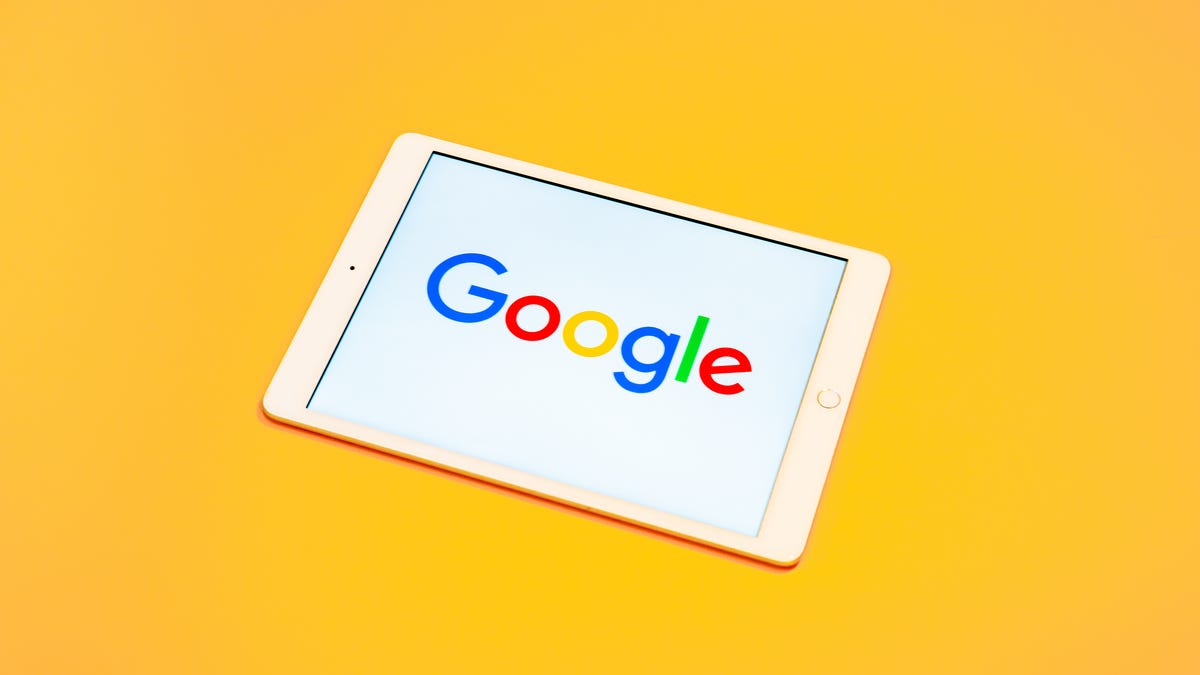Americans See Misleading Info Daily. So Google Is Making Changes
A new survey finds that the problem is persistent.

Google has improved the accuracy of its search engine to provide better results in Featured Snippets, the descriptive box at the top of a results page that highlights information related to your search, the company said Thursday in a blog post.
This comes as a new survey conducted by the Poynter Institute and YouGov with support from Google found that 62% of people say they see false or misleading misinformation online every week.
The improvement to Featured Snippets is one a handful of the changes Google is making to provide better quality information to people using its search engine, the company said. Google Search can now understand what is the consensus on a certain query by checking across other sources deemed to be high-quality.
Search can also now detect some false premises, the company said. For example, a search for "when did snoopy assassinate Abraham Lincoln" came back with the accurate information about Lincoln's assassination but ignored that Snoopy, Charlie Brown's beagle in the Peanuts comic strip, was not the culprit.
Google also made updates to About this Result, a tool available for people to get more context about a search result. More information about the source of the search result will be available, and it now has its own page on the Google iOS app. This new page will also be coming later this year to Android and in other languages, including Portuguese, French, Italian, German, Dutch, Spanish, Japanese and Indonesian.
For results where Google Search doesn't have a high confidence in the results, it will now provide a content advisory. The company implemented advisories last year for breaking news when a topic was changing rapidly. These notices don't necessarily mean the information provided isn't current or helpful, but it will say the result may not be reliable.
The new Poynter and YouGov survey on information literacy, released Thursday, shows that 47% of respondents say they see false or misleading information online daily.
The survey also showed that 36% of people are somewhat confident they could identify false or misleading information. GenZ respondents, roughly those born from around 1997 to the early 2010s, were twice as likely to perform multiple searches and use reverse image search to verify information than Baby Boomers, those born after 1942 and before 1964.
The study interviewed 8,585 people in seven countries: the US, the UK, Germany, Brazil, Nigeria, India and Japan. Of the respondents, 1,269 were from the US, and the interviews took place between June 27 and July 20.

